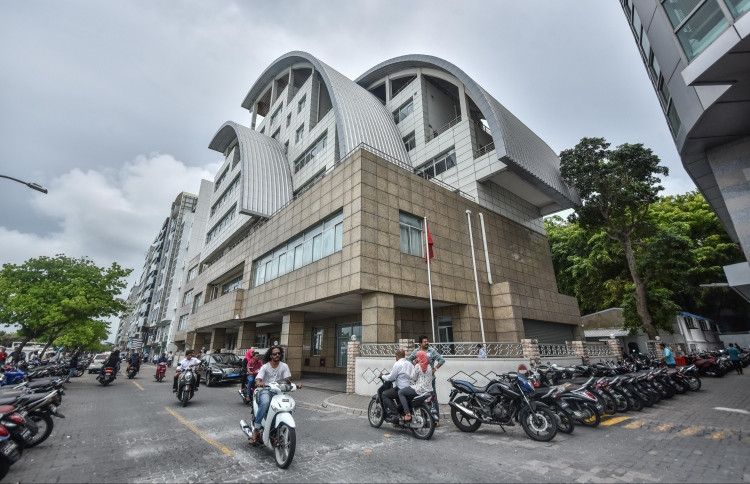Inflation pace rises to 2.9% in January
MMA said rises in staple and perishable food items have pushed the pace in January


The Maldives Monetary Authority's offices, located in Malé City
The pace of inflation increased to 2.9 percent in January primarily owing to price surges in perishable food items, the Maldives Monetary Authority (MMA) said.
While the central bank’s annual report for 2016 placed inflation of all commodities at 2.3 percent at the end of December, MMA said rises in staple and perishable food items have pushed the pace to 0.6 percent in January.
January’s surges also owe specifically to commodities like fish, electricity, and fees on secondary education.
MMA’s statistics further show that inflation rates for education has been consistently kept at the same percentage since March 2016, the amount had increased by 0.2 percent in January.
In 2016, the government had limited staple food subsidies – which include flour, sugar, and rice – after stating that ‘those that often receive the benefits from subsidies are not its target beneficiaries’, referring to the city’s large expatriate population.






